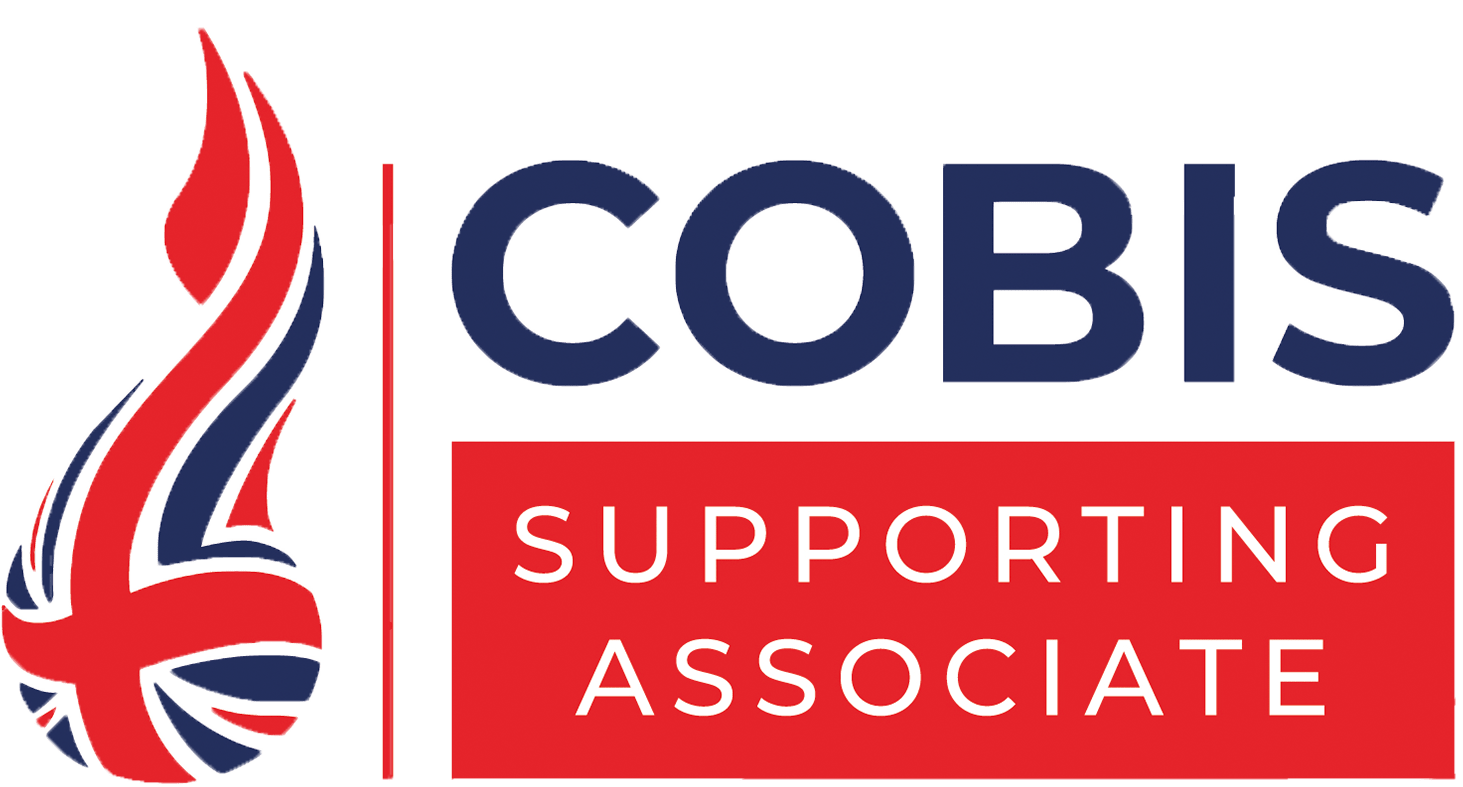Carl Hendrick of Wellington College beat me to it this morning. Having written a well thought-out deconstruction of Caitlin Moran’s piece in yesterday’s Times, it seems rather redundant now writing the same train of thought which has been running through my head since reading it! Instead, go and have a look. Couldn’t have put it better myself!
Education is, indeed, an end in itself. While I like Moran’s writing, and her columns are often written with an ironic tongue firmly in cheek, the point made in the article about using a smartphone instead of learning things at school is misguided and irrelevant. Whether or not I could use a search engine to find which blood vessel pumps deoxygenated blood back to the heart from the lungs is totally beside the point. It’s the other skills involved in that learning process in A-level biology which Google can’t teach.
Many of the things I now do in my day-to-day job are nothing to do with the content I learned in any classroom, for the whole 20 years of my education. But had I not learned the skills of discipline in doing hard work when I’d rather have been on the cricket field, time management in planning my revision for exams, resourcefulness in being able to find and use the information required to complete homework, etc. etc., I wouldn’t be able to do even half of my role today.
That’s a given, and Carl has made that point superbly. To use another personal example, and to tie into Moran’s article, just because I am a total pedant and love a past perfect continuous, or because I can’t stand a disagreement between subject and verb, that doesn’t mean that I should advocate twice-weekly grammar lessons for all. Just because one was home-schooled and has been relatively successful, doesn’t equate to the assertion that home-schooling is the best path for all.
That being said, the ultimate point I wanted to make in writing this is that, while education is an end in itself and shouldn’t be seen solely as a preparation for the workplace, it should be a preparation for life on a wider scale. Again, while this is anecdotal evidence based on a sample size of myself (yes, I get the irony of this being an Evidence Based Education blog…), there are some things that children should know and should be equipped for when they leave their education.
One such example is in personal financial management. I was self-employed at 18 through university, and it was the best thing I ever decided to do. I took the plunge, it paid off, and I did exactly what I’d been taught to do throughout my formative years: I saved up, I only spent what I had, I lived within my means, and I prepared for life after university. Or so I thought.
What I (and I’m sure many other young adults around the country) didn’t know was what a credit score is, and its massive implications on “adulting”. So, when I got to 23, with a handy deposit saved for a mortgage [Ed.: Yes, it is possible for first-time buyers to get on the ladder at a young age…], I applied for a mortgage and – lo and behold – I was a non-existent myth to banks and lenders. Simply put, I had no credit score whatsoever, because I had done things properly. Instead, what I wish I’d known at 18 was how to do a tax return, how taxes in fact work, how to engage in shrewd financial management, and most importantly, that I should get a credit card at a young age, spend a little on it each month and pay it off on time. Simple once you know it; totally impossible if nobody tells you.
Secondly, children should be equipped for failing – failing in a proper and consequential manner. And they should be equipped to deal with that and come out of the other side. We learn from mistakes and from failures, and life is absolutely not a straightforward fairytale where everything goes according to plan. I’m realising more, as I grow up, that what I’d naively thought of as cliches – “you learn from experience”, “you have to serve your time”, etc. – are in fact truisms. The more experience you have behind you of failing (and, indeed, of succeeding), the better you can deal with similar things in the future. If children are protected from this and never experience failure (being able to lose with grace on the sports field, for example, or, for me, failing to get a mortgage and things not going to plan through no fault of my own), then when they step out in to the adult world, where consequential failure can be more of a regular occurrence, they’re in for a shock!
Unlike being able to unlock your smartphone and type something into Google, these are transferable, weighty and tangible life skills, and things that school/university leavers should know. What do you think? What are some other important things to teach tomorrow’s young adults?





